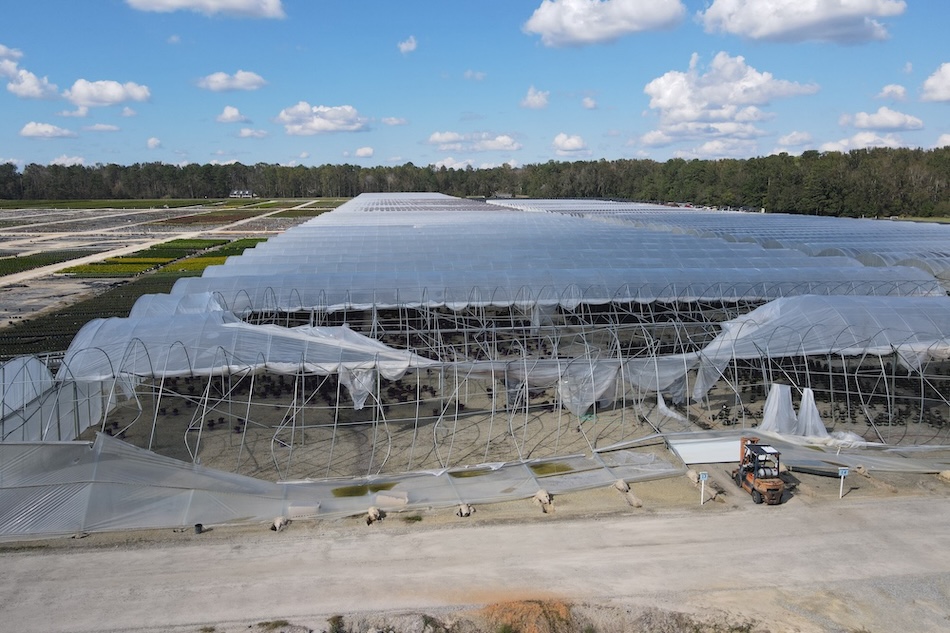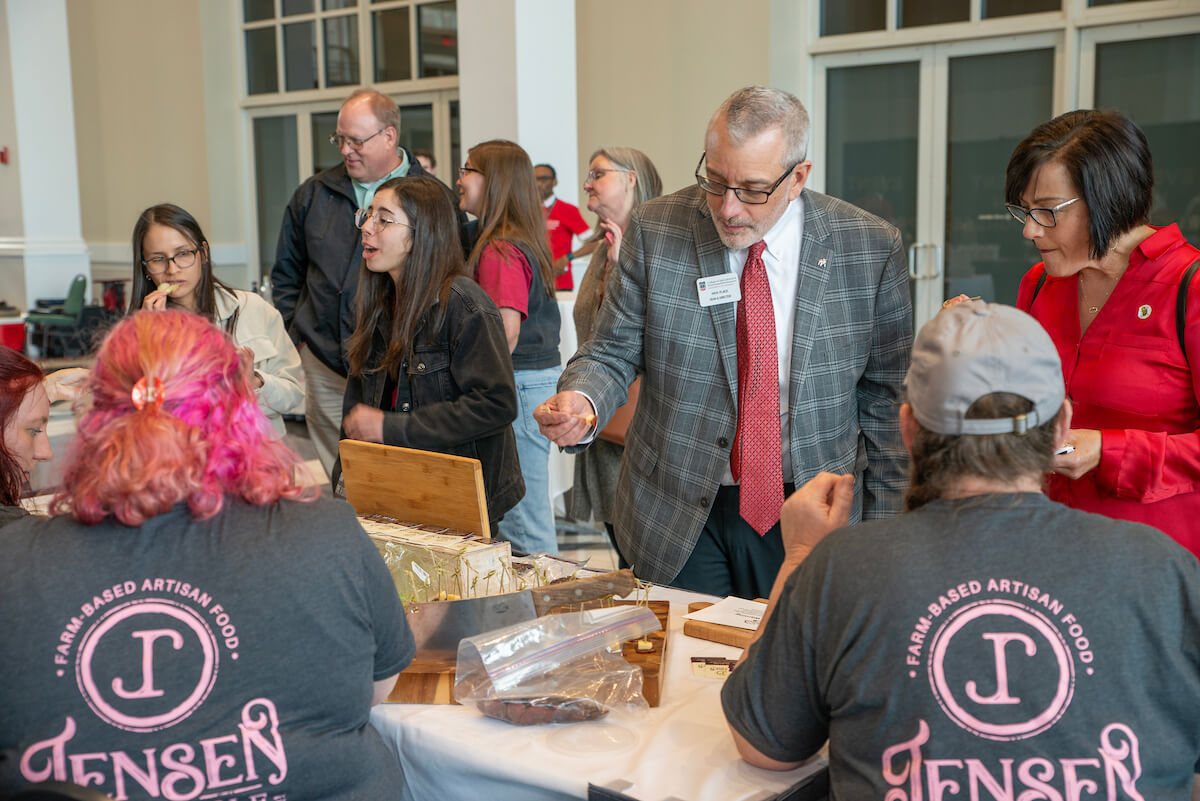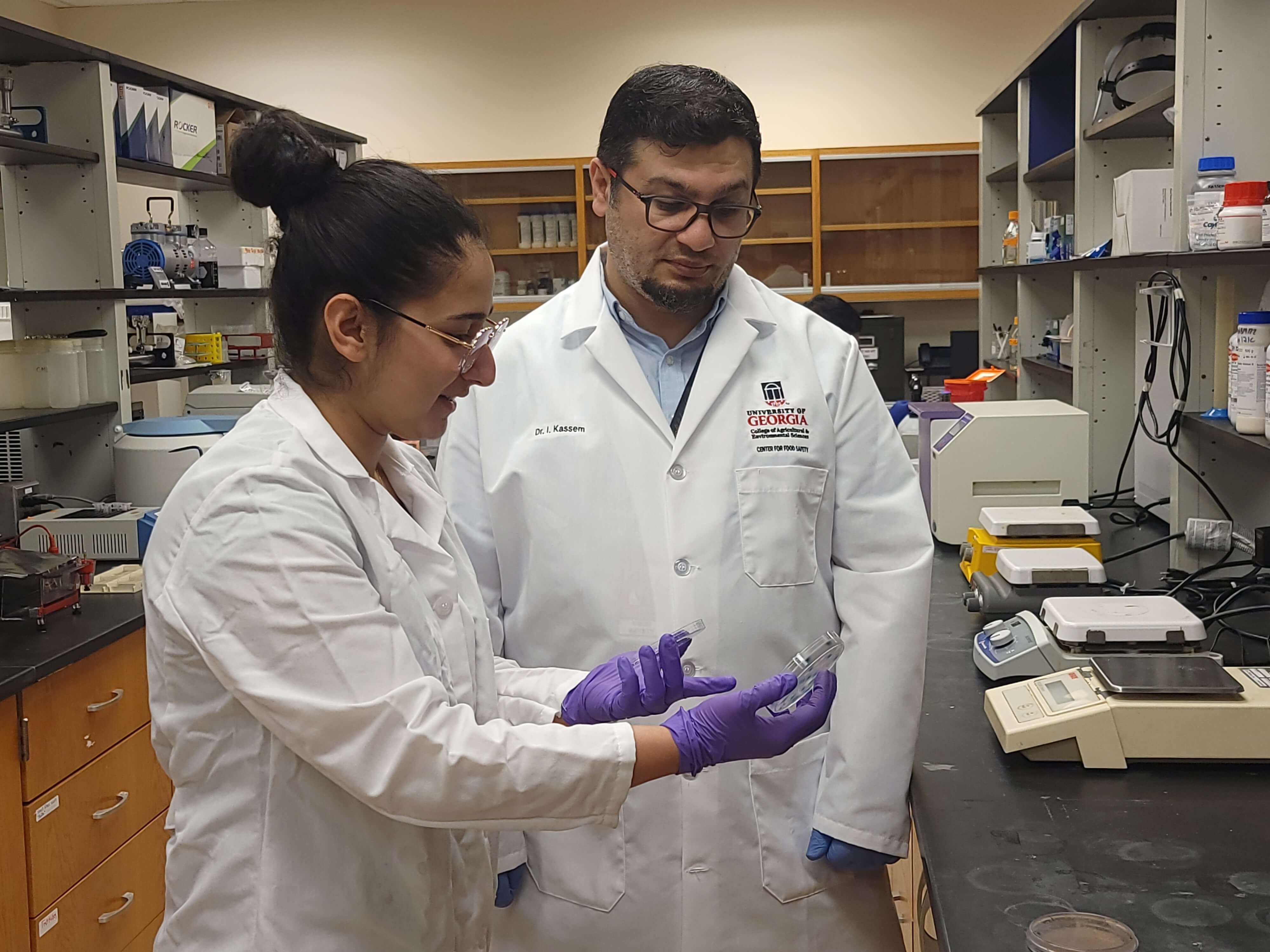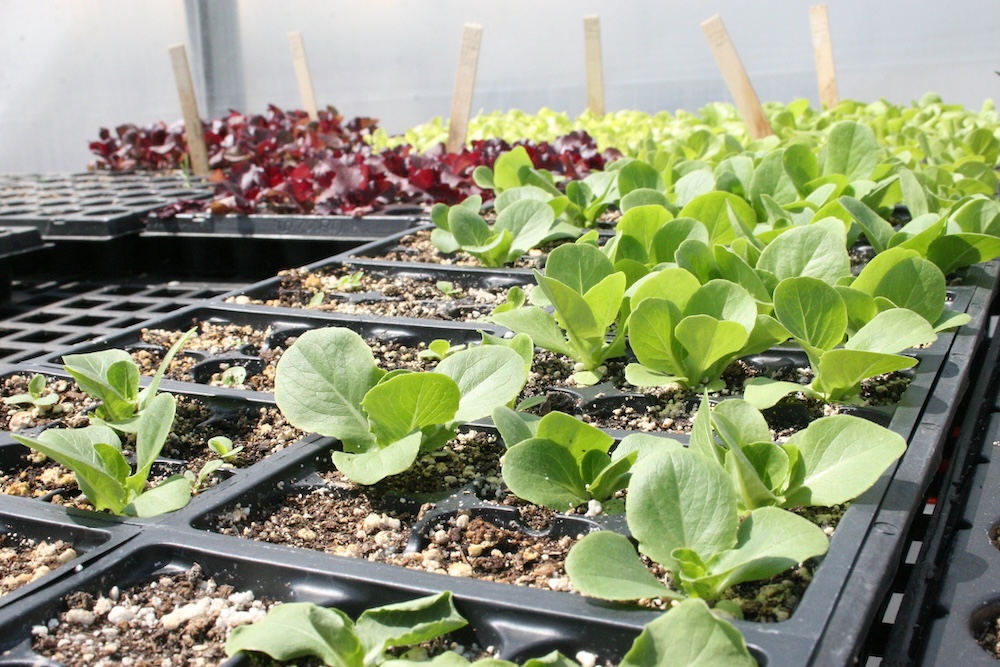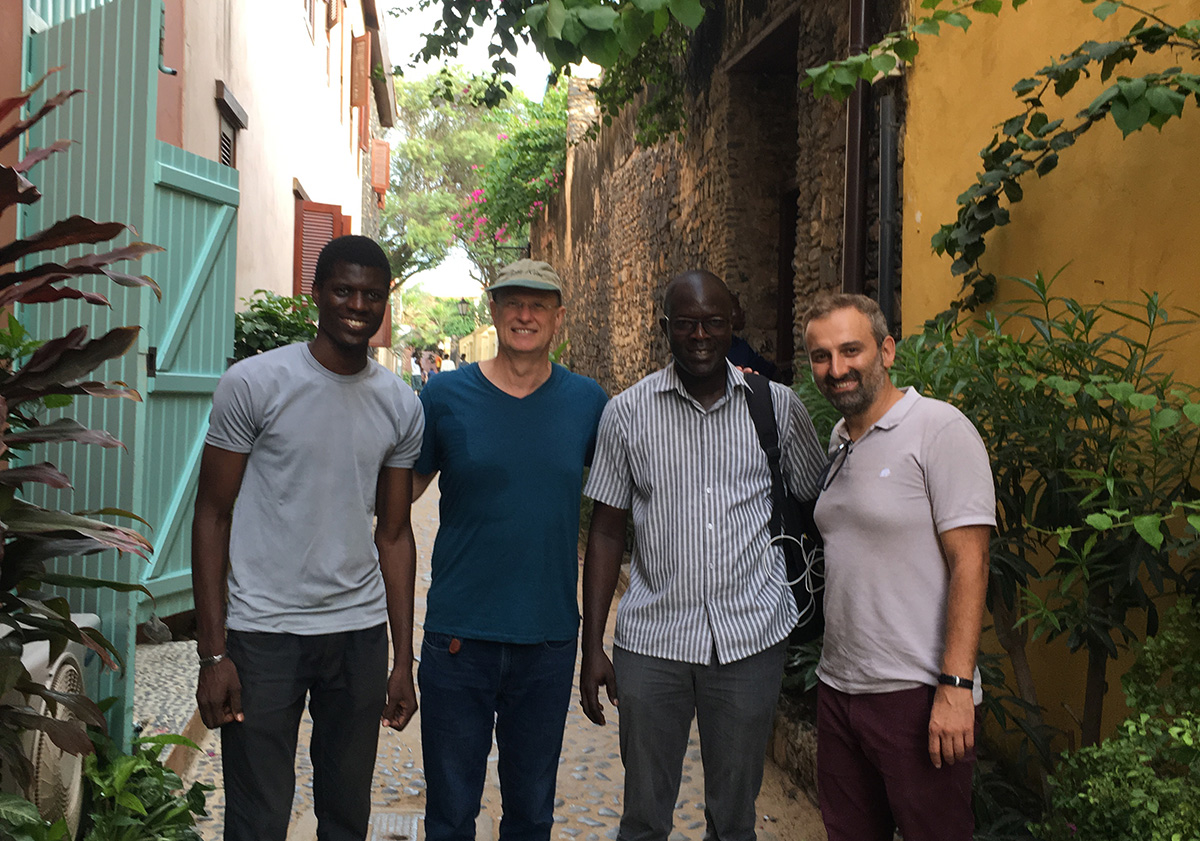
All over the world, farmers are aging and young people are moving to more urban areas for economic opportunities. Leaders wonder what factors push young people to abandon agriculture and whether technology or other tools can make farming a more attractive option for the next generation.
Next week, researchers from the University of Georgia and Virginia Tech will present early findings from research exploring those questions in Senegal, where a team surveyed more than 1,000 peanut-growing households and used the latest GIS data to map all peanut-growing plots to explore challenges among peanut producers and the main reasons why young people turn away from agriculture.
The one-hour webinar, “Should I Stay or Should I Go: Can Youth Migration Be an Asset Rather than a Liability in the Senegal Groundnut Basin?” is scheduled for Wednesday, Sept. 22, at 9 a.m. Eastern Standard Time. The research is a project funded through the Feed the Future Innovation Lab for Peanut, a USAID-funded program headquartered at the UGA College of Agricultural and Environmental Sciences.
“We are finding that the vast majority of young adults are temporary migrants who send remittances home and return to the household during the cropping season to assist in agricultural production. This presents an opportunity for improving peanut production in Senegal and getting youth more involved,” said UGA agricultural economist Genti Kostandini, who serves as a co-PI on the project, along with the lead investigator, Bradford Mills, an agricultural economist at Virginia Tech. The third presenter at the webinar is Pierre Diatta, a Senegalese doctoral candidate at UGA who is supervised by Kostandini.
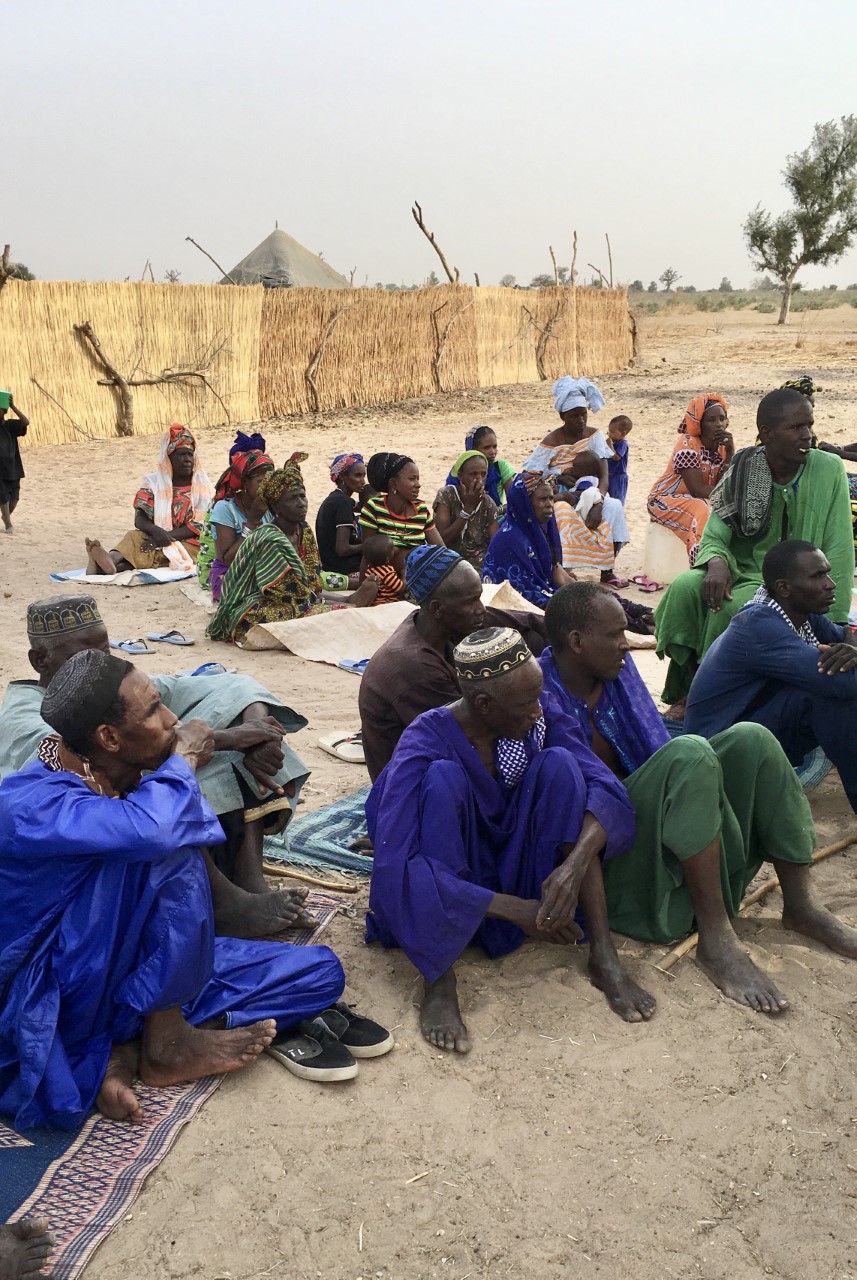
Austin Stone, who recently completed a master’s degree in geography at UGA, also contributes to the project with mapping and GIS analysis.
Peanuts — or groundnuts, as they are called in much of the world — are an important crop in central Senegal, and while most young people have experience farming them, many say they hope to leave the region and find work outside of agriculture.
By interviewing young adults in hundreds of households, mapping thousands of groundnut fields and analyzing GIS data about the productivity of those fields, researchers can also see whether young people (and women of any age) are given less fertile land to farm or plots that are further away from where they live.
In the first of two surveys the team has conducted with the same farmers, researchers asked young people about their aspirations to stay in the region (only 59% of young men wanted to stay), their education, media consumption and thoughts about climate change (98% believe it’s real). They found interesting insights into how many young people leave in stages, returning to rural areas to help with planting and harvest, providing cash and information that may be helpful to farmers who remain.
This is the type of information that Kostandini and Mills have collected and analyzed for other projects, but this project adds additional details on young farmers' plots coupled with high resolution GIS data. By understanding the barriers that farmers face and whether technology like improved varieties result in bigger or more reliable crops when also considering climate change, agricultural economists give other scientists and policymakers the information they need to improve food security and farmers’ lives.
Kostandini came to UGA from Virginia Tech in 2008. As an associate professor, 60% of his time is dedicated to research. The other 40% of his work is teaching undergraduate courses for students on the Athens, Griffin and Tifton campuses.
Sign up to participate in the free one-hour webinar at zoom.us.


